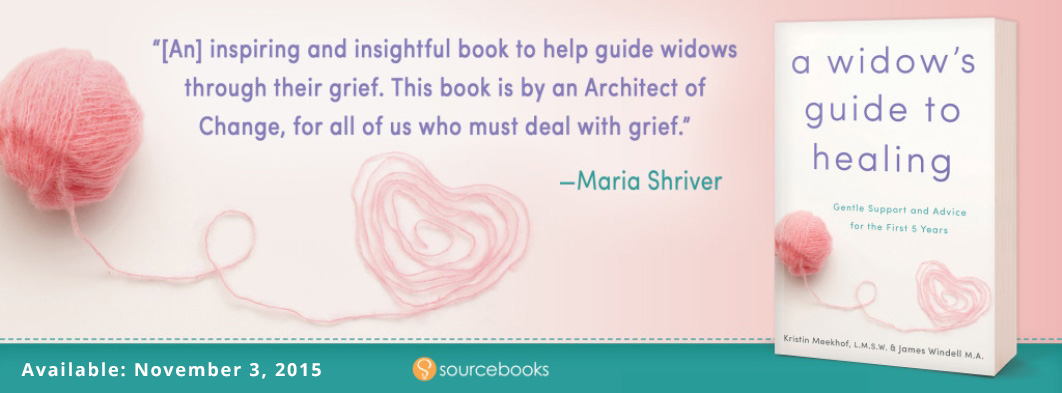After writing The Moment I knew on The Huffington Post, I received some beautiful and empathetic emails from complete strangers to long lost friends. One friend, “A,” wrote me saying she “didn’t realize everything” I was going through and apologized for not calling me. Honestly, I couldn’t recall such a conversation.
However, this got me going back to the 2007 archives email folder, a time when I wasn’t on Facebook and didn’t text, but in “crisis mode” with my late husband. As I scrolled through this folder, I didn’t dare open certain emails, titled, “hospice, funeral arrangements,” knowing it would send me directly back into those painful moments. However, I did find this one email, not from friend “A.” Truthfully, I completely forgot I wrote it. It went something like this:
Me: Have a few hours to talk starting at one tomorrow.
Her: Oh, tomorrow — not good. At spa, no cell phones allowed. How about early next week?
Me: I’ll be at U of M (hospital). I’ll get back to you when I know more.
As soon as I reread this, I gritted my teeth, and eventually I deleted it. Looking back, it comes across as insensitive, but I know this person met no harm. When you are in a crisis you need help, but for many reasons it’s stressful to ask. Acknowledging the gravity of the situation and repeating the “story” is emotional. It’s as if you feel like you are talking under water and no one understands you. Coming up for air, while treading for water, you see your friends and family on boats looking down on you. Deep down, you want someone just to pull you out of the water, give you a towel, a hug and tell you, “everything is going to be okay. I love you.”
In reality, there are loved ones who truly care and are looking at you, but don’t know what to say or provide what you need. For all of you out there wanting to provide support, this is what people in crisis need:
1. Hug. Even if it’s brief, with no words. This is a tender, needed gesture.
2. Send a text, email, leave a voicemail but don’t expect a reply. Sometimes, the person is living moment to moment. Lost for words? Simply say, “I’m sorry this is happening. I love you.”
3. Small gestures are huge. I remember coming home late from the hospital to find a loaf of banana bread (with no note) by my door. Starving, I immediately cut into it, and I remember saying, “thank you” out loud.
4. Go out of your way to be helpful with actions (e.g., child care, meals), but don’t ask lots of questions. There’s a fine line of being nosy, wanting to know all of the intimate details, and being respectful of boundaries. When you genuinely want to support someone, your actions will reflect authenticity, and the receiver knows it’s sincere.
5. After time has passed, still offer support. Know that the person is still fragile. Several weeks, after the funeral, my friend put together a girls night, just her and I. She arranged wine, comfort food, a pedicure. It meant the world to me.
Emotional support makes difficult situations less stressful, and softens painful edges. It helps with healing and is never forgotten.
You can also read this article on the Huffington Post







